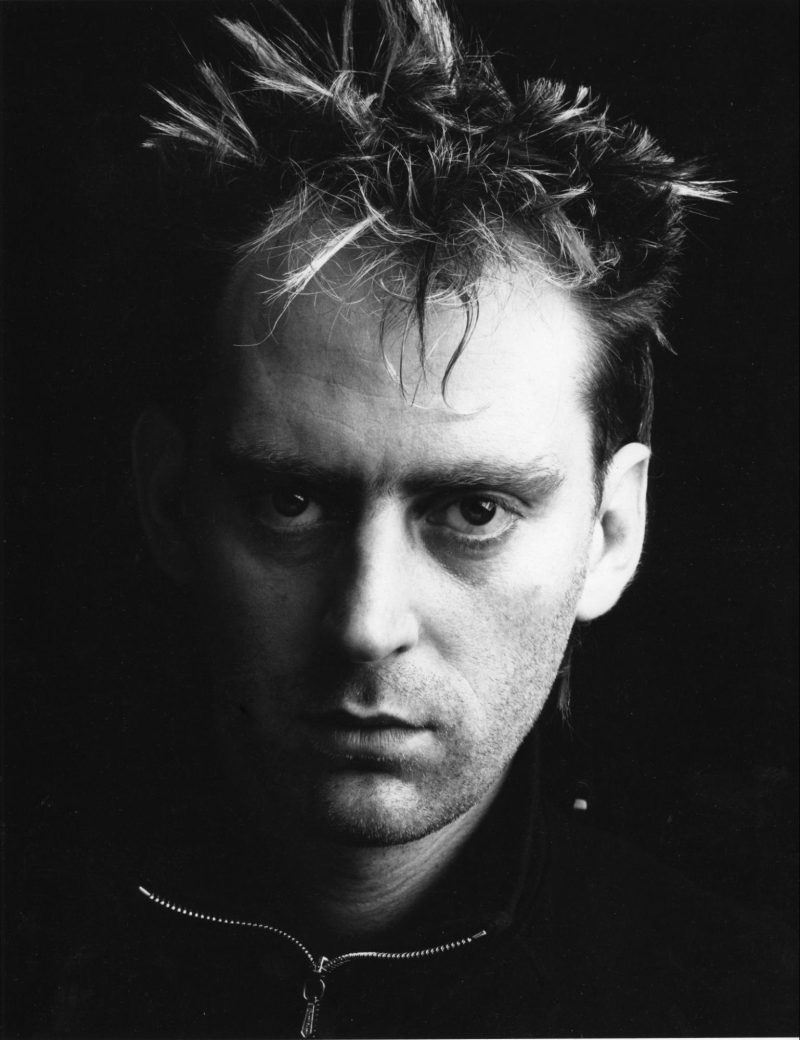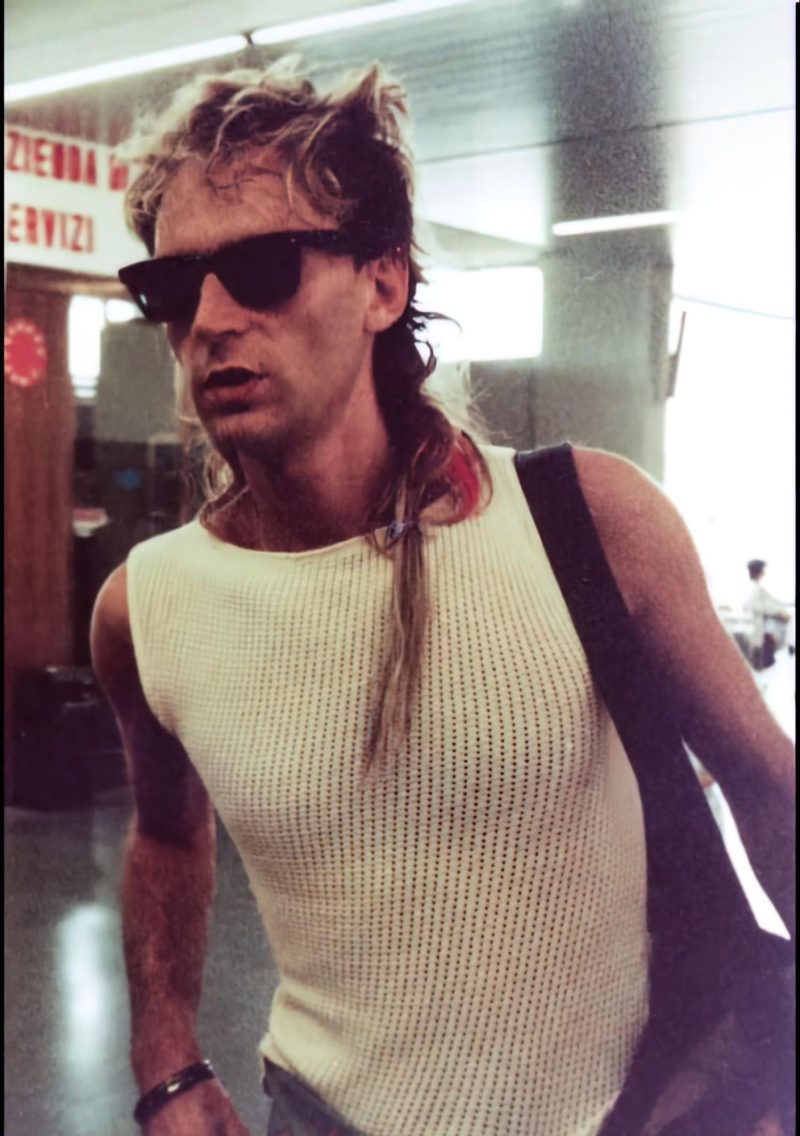
Paul Fishman, a name synonymous with musical innovation and boldness, has always been driven by the power of music to address societal issues. A musician, composer, and producer with a career spanning decades, Fishman’s journey began in a household steeped in musical heritage. His father, Jack, wrote chart-topping hits for Tom Jones, while his aunt was none other than the iconic Dame Vera Lynn. With such influential figures in his life, Fishman’s early exposure to the music industry was anything but ordinary.
At just 19, Fishman signed to Warner Brothers Records under the guidance of Derek Taylor, the former MD of Apple Records. This marked the beginning of a career that would see him share the stage with legends like The Police during their heyday and receive a personal call from Berry Gordy, thanking him for his exceptional work mixing tracks by Motown’s finest, The Temptations and Marvin Gaye.
The Artist Who Never Stopped
While Fishman’s career began with immense promise, it’s not been without its challenges. As anyone in the music industry will tell you, rejection is a constant companion. But Fishman’s response has always been one of resilience. “You have to deal with hearing ‘No’ a lot,” he shares, “but the only way to overcome it is to refuse to go away.” This perseverance has been key to his longevity in the ever-evolving music world.
His diverse talents as a composer and producer have only strengthened his foothold in the industry. Not just content with producing his own work, Fishman has also contributed to a myriad of other artists’ projects. His music spans genres, from dance to electronic to protest songs, driven by an unwavering belief that art should reflect the times in which it is created.
A Voice for Our Times
At a time when protest songs seem to have fallen out of favor, Fishman is one of the few artists daring to speak out. His upcoming single, “Peace for All,” is a direct response to the ongoing conflict in the Middle East, and “Here We Go Around Again” addresses the alarming state of democracy. In a music landscape increasingly reluctant to take a stand, Fishman’s boldness sets him apart. He believes in freedom of speech—no matter the cost. “We live in dangerous times, and art and music should reflect that,” he says. “Too many artists shy away from controversial topics because they’re afraid their audience won’t agree. But silence is complicity.”

A Legacy of Innovation
Fishman’s musical evolution has never been bound by tradition. His early career saw him experiment with new wave and electronic sounds, and today, he continues to push boundaries. In fact, his first-ever album was recently sampled by R&B artist Future for the title track of his latest album, “We Don’t Trust You.” His ability to blend genres seamlessly is a testament to his expertise and adaptability. As Fishman himself puts it, “I’ve always been about transgressing boundaries—musically and socially.”
Looking Ahead: The Future of Music and Protest
With two singles and an EP planned for release in the coming year, Fishman is far from slowing down. His musical vision continues to evolve, and his commitment to using music as a vehicle for change remains unwavering. For Fishman, the ultimate goal is clear: “I don’t care about likes. I want people to listen—to hear the message, to feel the music, and to understand what I’m trying to convey.”
In a world that often silences dissent, Fishman’s voice remains a powerful force for change. He’s a living testament to the idea that music can be more than just entertainment—it can be a form of protest, a tool for survival, and a way to inspire the world to think differently.
Follow Paul Fishman
